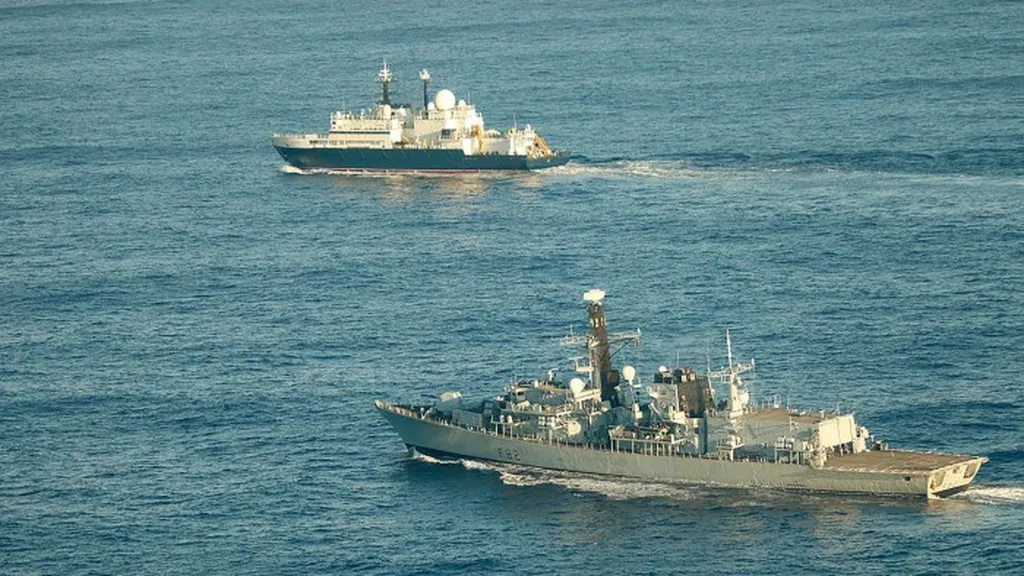In the heart of Dublin, a tech revolution is brewing, and it’s not just about the next big app or startup unicorn. Irish tech firms are diving headfirst into Europe’s burgeoning defence market, leveraging their prowess in AI, satellites, and subsea surveillance. This pivot isn’t just about chasing the money; it’s about filling a gap that’s been glaring for too long.
For years, Ireland has been the neutral kid on the block, sitting pretty while others did the heavy lifting. But neutrality doesn’t pay the bills, especially when you’re sitting on a maritime area seven times the size of your landmass and crisscrossed with vital transatlantic data cables. Ireland’s navy is stretched thin, barely able to deploy two patrol ships at a time. It’s high time Dublin stepped up its game.
Enter the tech startups. Companies like Ubotica Technologies, Provizio, VRAI, and Cathx Ocean are trading in their commercial tech hats for defence contracts. Ubotica Technologies CEO Fintan Buckley puts it bluntly, “Demand has always been difficult to crystallise but the market is there much more now.” His company is in talks with European governments about real-time tracking of dark vessels using AI-enhanced satellites. It’s a game-changer, and Ireland is finally playing.
But why the sudden shift? Brussels is doling out cash like confetti to counter Russian threats, and Irish companies are smart enough to follow the money. Provizio CEO Barry Lunn, who once turned a blind eye to military interest, now admits, “We’ve started answering the door a bit more” to non-weaponry-based defence applications. “Deep-tech needs money,” he says, and who’s got the cash? The defence sector, that’s who.
VRAI, which trains offshore workers using AI, has seen a surge in demand from aerospace and defence. CEO Pat O’Connor clarifies, “We’re not a defence company, we just happen to have a lot of demand coming at us from the aerospace, defence, security sector as well.” Cathx Ocean, an underwater imaging firm, has a third of its business in defence and critical infrastructure protection. CEO Adrian Boyle notes the underwater vehicle market was already set to grow 20 per cent before Europe’s recent military rethink.
Cork’s Green Rebel, with its robotic submarines patrolling European waters, argues that bolstering Irish tech is a way for Dublin to show it’s pulling its weight. Director of science and new markets Jared Peters says, “It’s a great way to bridge the gap between being a neutral country but not being defenceless.”
This shift isn’t just about Ireland; it’s a wake-up call for the entire maritime industry. Tech startups are proving that defence isn’t just about tanks and weapons. It’s about innovation, adaptability, and filling the gaps that traditional defence can’t. It’s about using AI to track dark vessels, underwater imaging to protect critical infrastructure, and AI training to bolster offshore security.
So, what’s next? Expect to see more tech startups jumping into the defence market, not just in Ireland, but globally. Expect to see governments investing more in deep-tech, especially in areas like cyber security and subsea surveillance. And expect to see a shift in how we think about defence—it’s not just about military might; it’s about smart tech and strategic innovation.
The maritime industry is on the cusp of a tech revolution, and Ireland is leading the charge. It’s time to buckle up and enjoy the ride. The future of defence is here, and it’s wearing a tech startup t-shirt.

